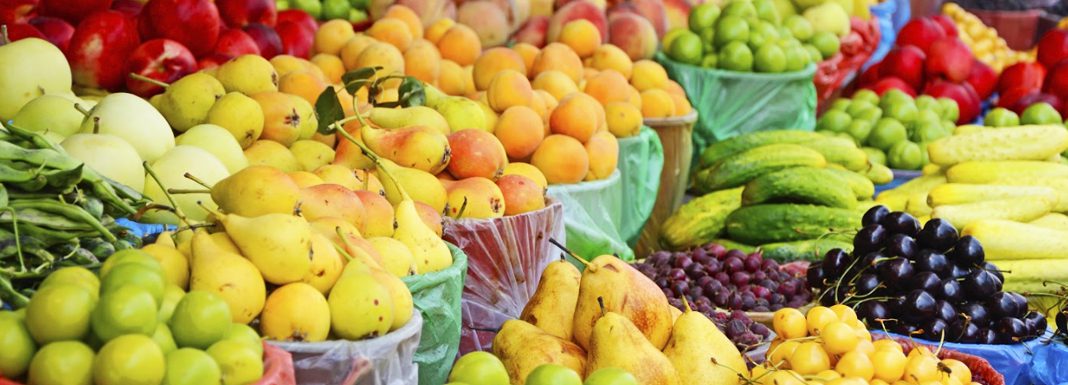Whenever you read about a study on health benefits from a specific food or food group, you can bet that there is a food industry organization or lobbying group involved in funding the study, and in promoting favorable results. The avocado is a perfect example. When popular weight loss diets were focusing on cutting back on fats, avocados got a bad reputation because they are a concentrated source of fat and are high in calories compared to most other vegetables and fruits. The Hass Avocado Board, a large avocado growers industry group, has spent many years working to change that reputation, showing that avocados contain a large percentage of beneficial monounsaturated fats and are low in saturated fats.
- Harvard researchers followed more than 110,000 healthy people for more than 30 years in the Nurses’ Health Study (NHS) and the Health Professionals Follow-up Study (HPFS) and found that eating two servings of avocado a week reduced the risk for heart attacks, and that replacing butter, cheese, bacon, or other animal products (high in saturated fats) with an equivalent amount of avocado was associated with up to 22 percemt reduced risk for heart attacks (J American Heart Association, Mar 30, 2022;11(7):e024014).
- However, in another study, obese people with big bellies who ate one large avocado per day for six months did not lose weight or get rid of their belly fat. They also had little or no change in the amount of liver fat, C reactive protein (a measure of inflammation), body mass index, or tests for diabetes, insulin levels, LDL (bad) cholesterol, HDL (good) cholesterol, and total cholesterol (J of the Am Heart Assoc, Jul 5, 2022; e025657). The study was sponsored by the Hass Avocado Board but the authors did not give data access to the Board at any time, blinded or unblinded.
- Other studies have shown that eating avocados is associated with reduced rate of insulin insensitivity and diabetes and having smaller bellies than non-avocado eaters (Intern Med Rev, 2017; 3:2-23). Avocados are full of healthful monounsaturated fats and soluble fiber, while animal products have a high percentage of saturated fats and have no fiber. You don’t prevent heart attacks just by adding avocados to your diet; with an anti-inflammatory diet you try to reduce your intake of saturated fats in butter, cheese, bacon, or other animal products and also increase your intake of unsaturated fats and soluble fiber in plants.
Heart Attacks and Fatty Liver
Heart attacks are the leading killer in North America today and they are caused primarily by lifestyle factors, not just by genetics. Heart attack risk factors include a pro-inflammatory diet, lack of exercise, overweight, smoking and alcohol. Heart attacks often occur in people with a big belly — a circumference greater than 40 inches for men and 35 inches for women (Prev Chronic Dis, 2019; 16:E02). People who have a big belly are likely to have a fatty liver, which prevents your body from responding to insulin, to increase risk for inflammation, diabetes, strokes, certain cancers and heart attacks (Circulation, 2008;117:1658-1667).
My Recommendations
Diet may be the most important risk factor that you can change to help prevent a heart attack. You should eat large amounts of fruits, vegetables, whole unground grains, beans, seeds and nuts and severely restrict mammal and processed meats, fried foods, and all foods and drinks with added sugars.
Avocados are particularly healthful because they are full of heart-healthy monounsaturated fats and soluble fiber, and contain almost no saturated fat. However, no one food such as avocados will protect you from suffering a heart attack; you also need to follow the other anti-inflammatory lifestyle rules.


